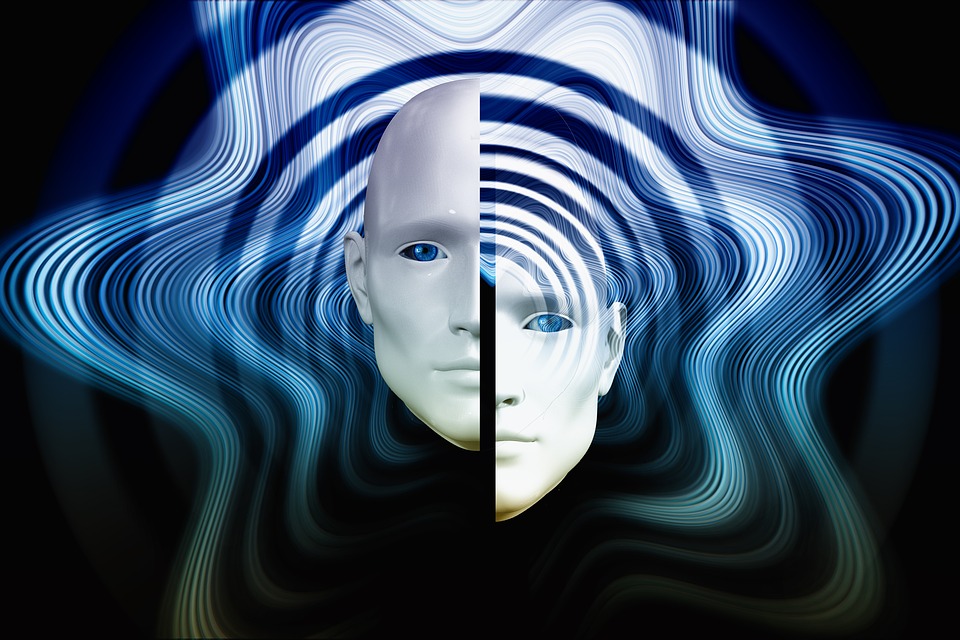Raw perceptions
Today I like to quote another part from the book the 5 personality patterns. The book is helping me a lot in the current stage of my healing journey. It writes about parts of myself that of course, I had noticed even long before I started my healing journey and knew that at one point I needed to address this too. It seems the right time for this now and so I have.
In this book, while reading, I came upon a part that is not particular news to me however it’s very little spoken off in the modern western world and there even seems to be a taboo about it somehow. It’s almost never brought up directly and often only briefly.

“In western cultures, especially here in the United States, we equate growing up with separating from other people, from nature, and even from our own subtle perceptions. When our children see things that we don’t see, we invalidate their subtle perceptions, saying “There’s nothing there. Go to sleep. ” or “Don’t be scared, it’s only a dream.” When we tell them what they perceive isn’t real we’re telling them to stop perceiving them, to shut off their innate sensitivity and subtle perception. This tends to shut down the inner capacities which would make them more energetically sensitive and capable of feeling” – From the book the 5 personality patterns, by Steven Kessler
Earlier in the same chapter, the writer speaks of how as we grow up each one of us goes through certain stages of development and that time doesn’t stop. Meaning that if we don’t have time enough or the chance to develop a certain stage and learn or finish learning the skills that come with that stage we skip them. Furthermore, he addresses that this means that this person stays closer to their raw perceptions and stronger sensitivity skills and have more capacity to connect and relate to other people. animals and nature itself.
People who actually have finished the learning stages early in life without complications and have successfully mastered them are taking those skills for granted and assume that everyone has the same skill sets as them while not realizing they actually do miss certain ones themselves. They rather even question those without the same skillset wondering what’s “wrong” with them.

This really hits home as sensitive as I am with my strong intuition, compassion, and empathy. What confuses me somewhat from this book is that it seems as if the writer in some parts of this chapter seems to understand the qualities of having this raw sensitivity yet at the other hand kind of makes me feel as if with those early learning stages it is a good thing that we “unlearn” those raw sensitivity skills. It feels like saying that there IS actually something wrong with it. Which in my opinion it is actually the other way around since these learning stages he speaks of are those shapes that we are being poured into in this modern western culture.
In my honest, modest (or not so much) and unprofessionally educated opinion those modern stages where we learn those skill sets are all shaped to what is expected from us in how our current modern life is programmed and what is expected from us by the general society. I suppose he has to address both “cultures” the natural one and the forced one as I like to call those so-called perfect learning stages which miss the essential skills that mother nature gave us to give the readers the understanding of both modules.
Now after the introduction to this he explains the separate stages, however, I question how truly accurate those stages are when they are viewed from our modern culture point of view.
